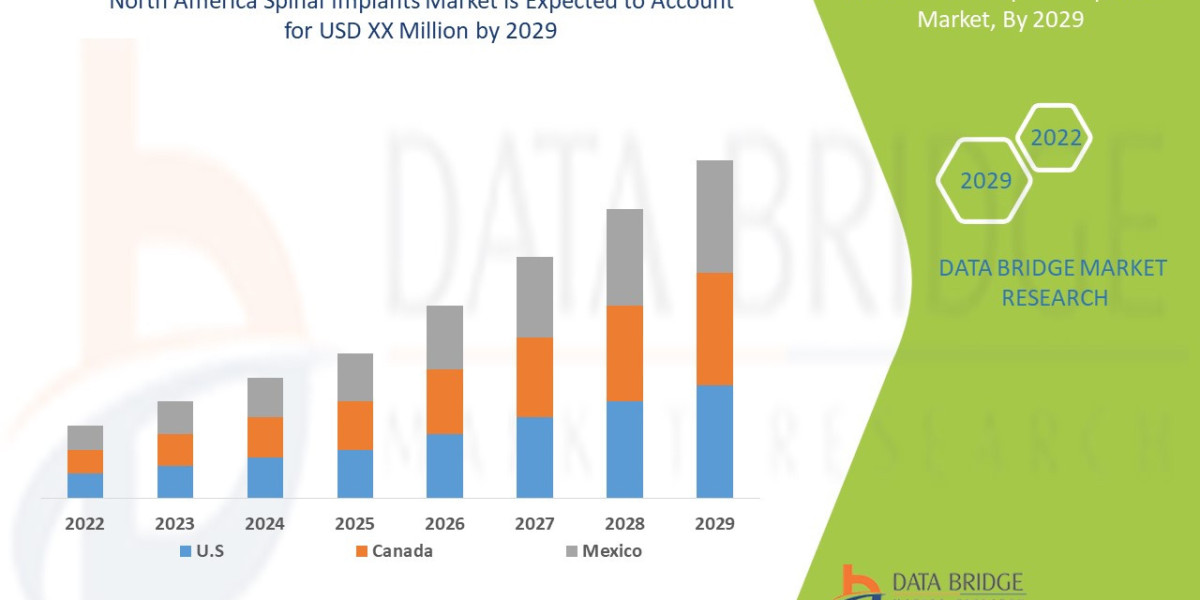Join Drake At Stake - America's Social Casino. Claim $25 Stake Cash FREE - PLAY NOW

- Keep your crypto and get liquidity.
- Compare rates and get funds in minutes.
- Use BTC, SOL, ETH, and more as collateral for a loan.

Rent, mortgage, or simply stack sats? First-time property buyers hit historical lows as Bitcoin exchange reserves shrink
Share
U.S. family financial obligation simply hit $18T, mortgage rates are harsh, and Bitcoin's supply crunch is intensifying. Is the old course to wealth breaking down?
Table of Contents
Realty is slowing - fast
From shortage hedge to liquidity trap
A lot of homes, too couple of coins
The flippening isn't coming - it's here
Real estate is slowing - quick
For several years, realty has been one of the most reputable methods to develop wealth. Home worths normally rise gradually, and residential or commercial property ownership has actually long been considered a safe financial investment.
But right now, the housing market is showing signs of a downturn unlike anything seen in years. Homes are resting on the market longer. Sellers are cutting prices. Buyers are dealing with high mortgage rates.
According to current information, the typical home is now offering for 1.8% listed below asking cost - the greatest discount in nearly 2 years. Meanwhile, the time it requires to offer a normal home has actually stretched to 56 days, marking the longest wait in five years.
BREAKING: The typical US home is now offering for 1.8% less than its asking price, the biggest discount in 2 years.
This is likewise one of the most affordable readings considering that 2019.
It current takes an average of ~ 56 days for the common home to offer, the longest span in 5 years ... pic.twitter.com/DhULLgTPoL
In Florida, the slowdown is a lot more noticable. In cities like Miami and Fort Lauderdale, over 60% of listings have remained unsold for more than two months. Some homes in the state are costing as much as 5% below their sticker price - the steepest discount in the country.
At the same time, Bitcoin (BTC) is becoming a significantly attractive alternative for investors looking for a scarce, valuable property.
BTC just recently hit an all-time high of $109,114 before drawing back to $95,850 since Feb. 19. Even with the dip, BTC is still up over 83% in the past year, driven by rising institutional need.
So, as real estate becomes more difficult to sell and more costly to own, could Bitcoin become the ultimate shop of worth? Let's learn.
From shortage hedge to liquidity trap
The housing market is experiencing a sharp slowdown, weighed down by high mortgage rates, pumped up home costs, and decreasing liquidity.
The average 30-year mortgage rate remains high at 6.96%, a stark contrast to the 3%-5% rates typical before the pandemic.
Meanwhile, the typical U.S. home-sale rate has actually risen 4% year-over-year, but this increase hasn't equated into a stronger market-affordability pressures have kept demand subdued.
Several crucial patterns highlight this shift:
- The average time for a home to go under contract has actually leapt to 34 days, a sharp boost from previous years, indicating a cooling market.
- A complete 54.6% of homes are now offering below their list rate, a level not seen in years, while just 26.5% are selling above. Sellers are significantly required to change their expectations as buyers gain more utilize.
- The typical sale-to-list rate ratio has been up to 0.990, reflecting more powerful purchaser negotiations and a decline in seller power.
Not all homes, nevertheless, are impacted equally. Properties in prime places and move-in-ready condition continue to bring in buyers, while those in less desirable locations or requiring renovations are facing high discount rates.
But with borrowing expenses rising, the housing market has actually become far less liquid. Many possible sellers are unwilling to part with their low fixed-rate mortgages, while purchasers struggle with higher regular monthly payments.
This absence of liquidity is a basic weakness. Unlike Bitcoin, which can be traded 24/7 with near-instant execution, property transactions are sluggish, costly, and typically take months to settle.
As financial unpredictability lingers and capital seeks more efficient shops of value, the barriers to entry and sluggish liquidity of realty are ending up being major drawbacks.
Too lots of homes, too couple of coins
While the housing market deals with rising inventory and weakening liquidity, Bitcoin is experiencing the opposite - a supply capture that is sustaining institutional demand.
Unlike genuine estate, which is influenced by financial obligation cycles, market conditions, and ongoing development that expands supply, Bitcoin's overall supply is completely capped at 21 million.
Bitcoin's absolute scarcity is now hitting rising demand, particularly from institutional financiers, reinforcing Bitcoin's function as a long-term shop of worth.
The approval of spot Bitcoin ETFs in early 2024 activated a massive wave of institutional inflows, dramatically shifting the supply-demand balance.
Since their launch, these ETFs have brought in over $40 billion in net inflows, with monetary giants like BlackRock, Grayscale, and Fidelity managing most of holdings.
The demand rise has actually soaked up Bitcoin at an unmatched rate, with everyday ETF purchases varying from 1,000 to 3,000 BTC - far exceeding the approximately 500 new coins mined every day. This growing supply deficit is making Bitcoin increasingly limited in the open market.
At the very same time, Bitcoin exchange reserves have actually dropped to 2.5 million BTC, the lowest level in three years. More financiers are withdrawing their holdings from exchanges, indicating strong conviction in Bitcoin's long-lasting potential rather than treating it as a short-term trade.
Further enhancing this trend, long-term holders continue to control supply. Since December 2023, 71% of all Bitcoin had actually stayed unblemished for over a year, highlighting deep investor dedication.
While this figure has somewhat declined to 62% since Feb. 18, the broader pattern indicate Bitcoin ending up being a significantly tightly held asset gradually.
The flippening isn't coming - it's here
Since January 2025, the mean U.S. home-sale cost stands at $350,667, with mortgage rates hovering near 7%. This combination has actually pressed regular monthly mortgage payments to record highs, making homeownership significantly unattainable for more youthful generations.
To put this into point of view:
- A 20% deposit on a median-priced home now exceeds $70,000-a figure that, in many cities, surpasses the overall home price of previous years.
- First-time property buyers now represent simply 24% of overall buyers, a historical low compared to the long-lasting average of 40%-50%.
- Total U.S. home financial obligation has surged to $18.04 trillion, with mortgage balances accounting for 70% of the total-reflecting the growing financial concern of homeownership.
Meanwhile, Bitcoin has outshined realty over the past years, boasting a compound yearly growth rate (CAGR) of 102.36% because 2011-compared to housing's 5.5% CAGR over the very same duration.
But beyond returns, a deeper generational shift is unfolding. Millennials and Gen Z, raised in a digital-first world, see standard monetary systems as slow, rigid, and dated.
The idea of owning a decentralized, borderless property like Bitcoin is far more appealing than being connected to a 30-year mortgage with unpredictable residential or commercial property taxes, insurance coverage costs, and maintenance costs.
Surveys recommend that younger financiers increasingly focus on financial flexibility and movement over homeownership. Many choose leasing and keeping their possessions liquid instead of committing to the illiquidity of realty.
Bitcoin's mobility, round-the-clock trading, and resistance to censorship align perfectly with this mindset.

Does this mean property is ending up being obsolete? Not entirely. It stays a hedge against inflation and an important property in high-demand locations.
But the ineffectiveness of the housing market - integrated with Bitcoin's growing institutional acceptance - are reshaping financial investment preferences. For the first time in history, a digital asset is competing directly with physical real estate as a long-term store of value.




